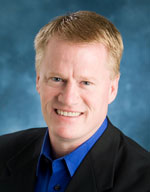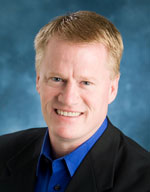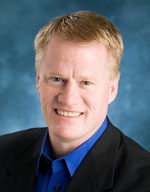At its Aug. 15, 2011 meeting, the Ann Arbor city council approved a resolution stating that no traffic controls for University of Michigan home football games will be provided starting this season, unless the university reimburses the city for costs associated with erecting barricades and changing traffic signals to facilitate efficient movement of traffic. The cost of providing these signs and signal services is around $100,000 per year. The university already reimburses the city for police and fire services associated with home football games.
From the resolution: “Resolved that the City Administrator shall not provide Signs and Signals services to UM for Special UM Events unless: UM and the City execute a contract prior to August 26, 2011, that provides for the full reimbursement to the City of all direct and allocable costs associated with the provision of Signs and Signals services to UM for Special UM Events.”
Michigan’s home opener this year, against Western Michigan, falls on Sept. 3.
The issue is a persistent point of frustration on the city council, because traffic control for football games is a dollar cost to the city, but the city has limited leverage with the university to extract payment. That’s due in part to the fact that traffic control is seen not as merely a matter of convenience, but rather of public safety.
From a March 2010 city council budget work session report: “Christopher Taylor (Ward 3) asked how much of [football traffic control] was an issue of convenience versus public safety. Chief of police Barnett Jones stated that it was all safety-related. Without the combination of cars, barricades and signals, he said, ‘it would be a major malfunction.’”
From a January 2011 city council budget retreat report: “Some councilmembers seemed to suggest that concessions from the university could be won by withholding city consent when the university wanted something from the city. The university’s desire to include Monroe Street as part of the UM Law School campus was cited as a specific example. [City administrator Roger] Fraser, though, counseled that each situation should be evaluated unto itself. He pointed to the planned Fuller Road Station as an example of the importance of that principle.”
From a March 2011 city council budget work session report: “Responding to councilmember questions, [public services area administrator Sue] McCormick said the city did not send the university invoices for the regular home football games, because the university has made it clear that it will not pay. McCormick said when she’d notified UM of the city’s intention of invoicing for the Big Chill, the response she gotten was, ‘We really don’t know how we’ll fund that.’ There was little recourse for the city to take, she said, and in the end the city would have to write it off.”
This brief was filed from the city council’s chambers on the second floor of city hall, located at 301 E. Huron. A more detailed report will follow: [link] [Full Story]








